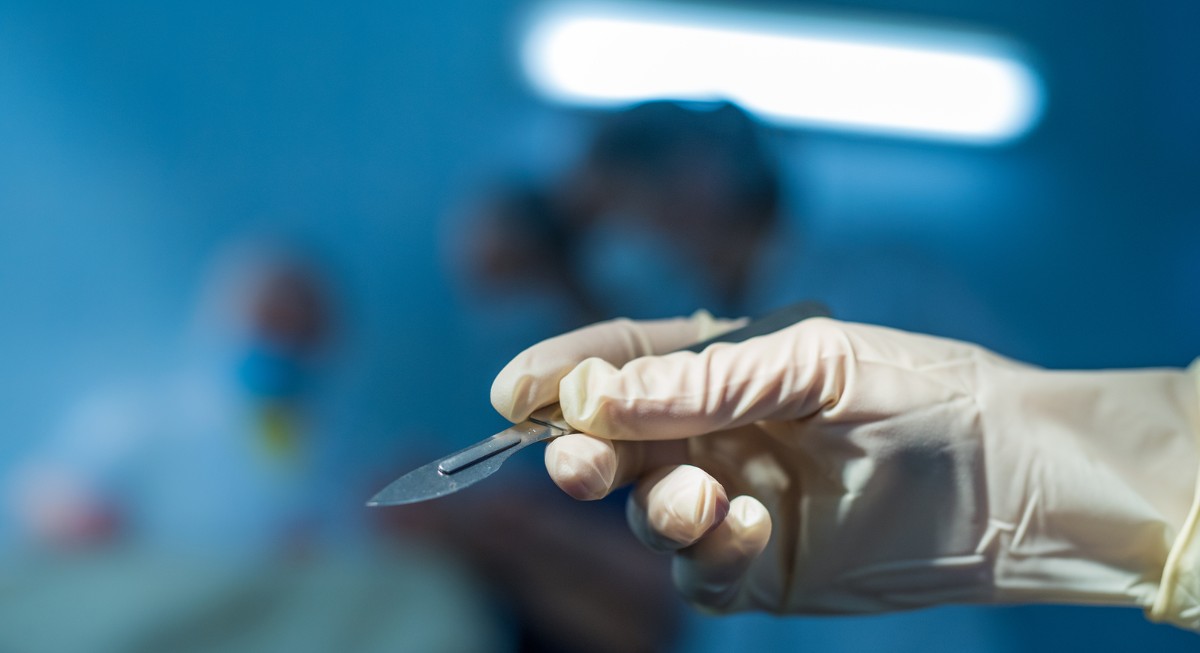
Allegations of organ harvesting in China persist
A German academic says that Falun Gong members are being killed to supply a growing market
The presence of at least 1 million Muslim Uighurs in “re-education” camps in Xinjiang Province is China’s best-known human rights abuse at the moment. But allegations of organ harvesting have not gone away.
Last year the the China Organ Harvest Research Center (COHRC) published a 340 page report with credible allegations about forced organ donation by political prisoners. (The introduction was written by a leading American bioethicist, Art Caplan.) China, it reported, acknowledges between 10-15,000 transplants a year, but the true figure must be far greater. The meagre number from voluntary donation and from executed prisoners cannot be the source of all the organs. The COHRC believes that political prisoners, especially from the banned sect Falun Gong, are being killed for the organs.
The government, of course, denies this.
In an interview with Bitter Winter, an Italian online magazine about religious freedom and human rights in China, Germany-based pharmacologist Huige Li, updated the allegations.
Recent investigations by South Korean journalists in 2017, by BBC and others in 2018 reveal that the waiting time for organs in China remains in the range of days to weeks. Such an organ on-demand system is only possible with a large living organ pool. This means that the state-sanctioned organs crime is still running, and without Office 610 [the government agency for dealing with Falun Gong] and its successors, this is not possible…
The Chinese government claimed that before 2010, organs for transplantation came mainly from executed prisoners sentenced to death. Yet the number of death-row executions, even the highest estimated number, is too low to explain the number of the performed transplants. The number of transplantations has even continued to grow after 2007, when official executions declined. Therefore, the majority of organs don’t come from prisoners sentenced to death, but from extrajudicial killings of prisoners of conscience without legally sentenced to death…
The organ crime in China is different from that in any other countries. The short waiting time for organs doesn’t occur just in one or two hospitals here and there, but in almost all hospitals of the country: it is not at single time points, but consistent and constant from the 2000s to today. There must be a system behind it. “Private” criminal groups cannot supply such a high number of organs realizing an organ on-demand system. It is only possible with the support of the state.
The total number of foreign patients receiving organ transplants in China (the so-called transplant tourism) in 2006 was reported to be more than 11,000. Therefore, the real volume of transplants (those for foreign and inland patients combined) is very likely in the range of tens of thousands each year, with the majority of organs coming from Falun Gong practitioners.
Michael Cook is editor of BioEdge
Creative commons
https://www.bioedge.org/images/2008images/FB-Conceptual-Photography–Symbo-274689868_(1).jpg
china
falun gong
organ donation
- How long can you put off seeing the doctor because of lockdowns? - December 3, 2021
- House of Lords debates assisted suicide—again - October 28, 2021
- Spanish government tries to restrict conscientious objection - October 28, 2021
